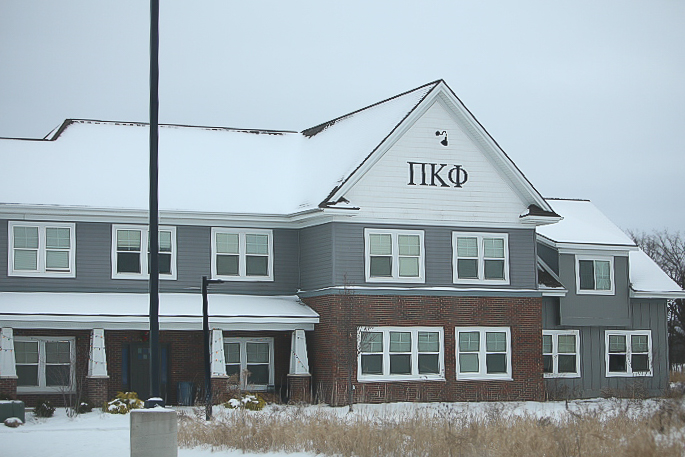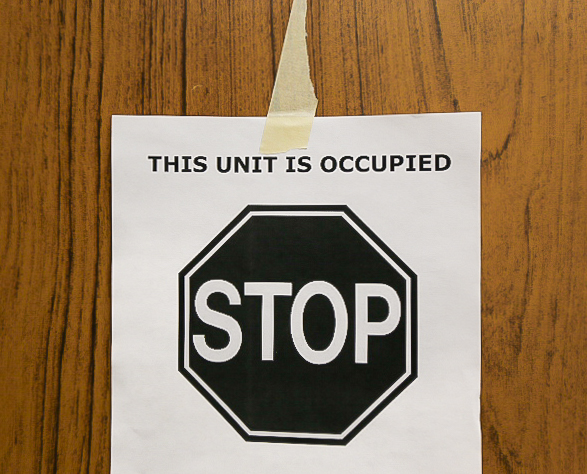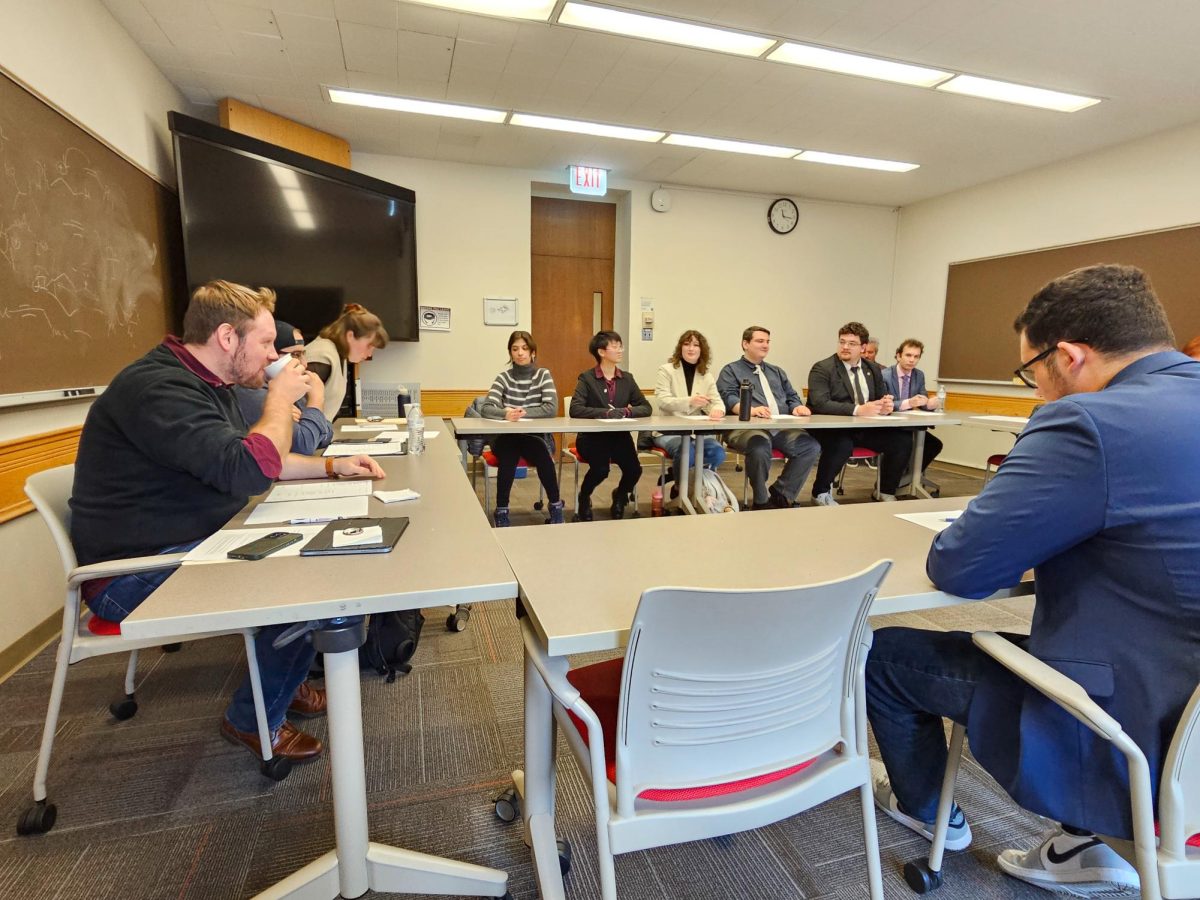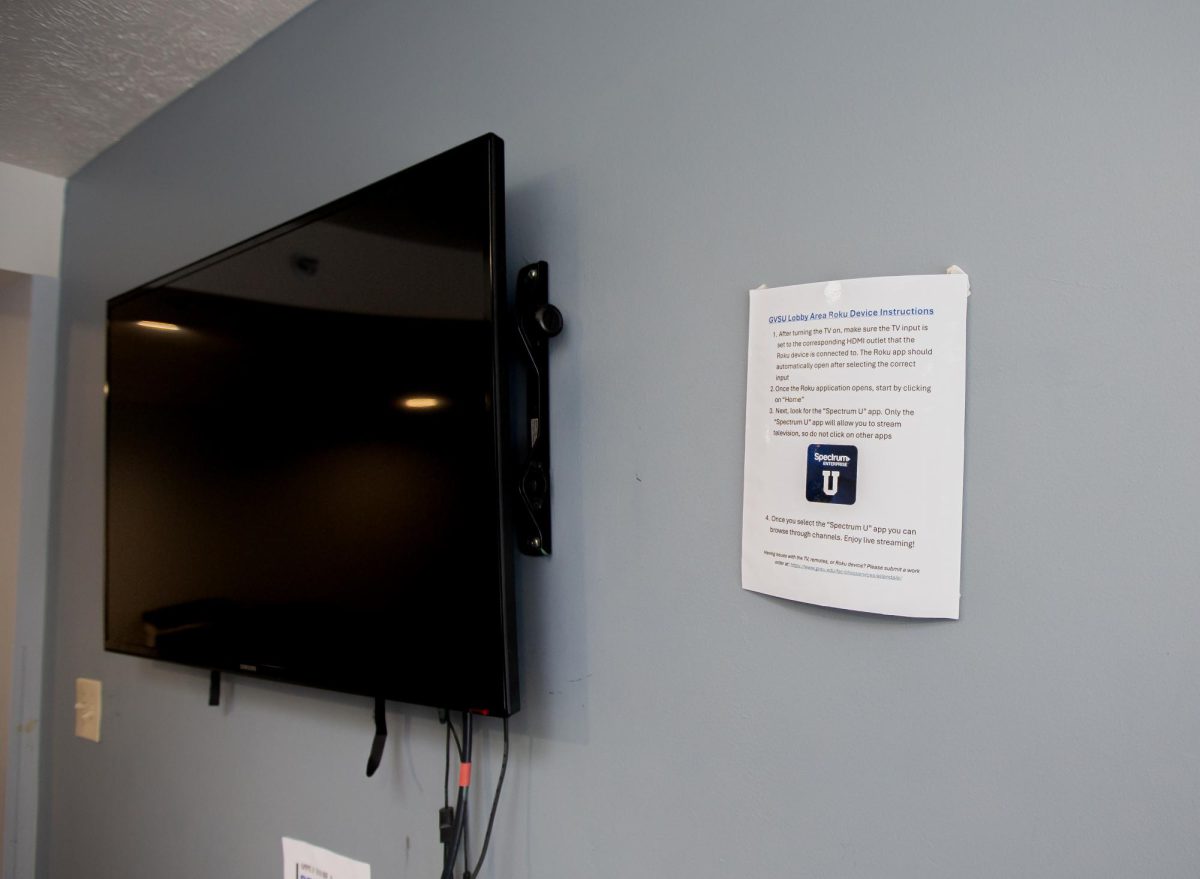College education, happiness level are related, study says
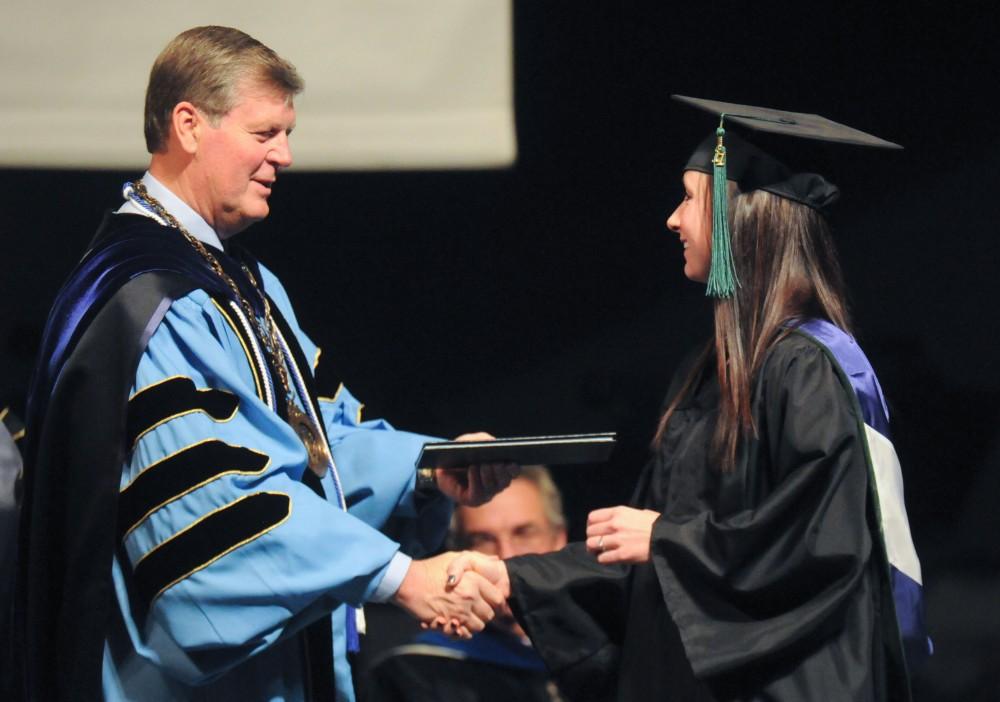
GVL Archive
Feb 2, 2012
In a perfect world, college equals success, success equals money and money equals happiness.
Statistics from the Pew Research Center and the University of Virginia show correlations between happiness and a college education. An article analyzing the statistics from the Kalamazoo Gazette reported that people who were happy were more likely to have at least a bachelor’s degree than those who did not.
Bart Merkle, dean of students at Grand Valley State University, said much can be gained from a college education, specifically personal and professional growth and tools that can “open doors.”
“I think having an education improves the quality of your life,” Merkle said. “Any time you can improve the quality of your life you are going to be happier and more content, which then often translates into better relationships and having fun which translates into being happier.”
Many other studies have found correlations between money and happiness, but not happiness and a college degree. However, according to the U.S. Bureau of Labor Statistics, the U.S. median income goes up steadily with the attainment of a college education. The U.S. median income in 2010 for high school graduates was $626 a week, compared to $1,038 for those with a bachelor’s degree.
Psychology professor Lawrence Burns said there are often multiple variables involved when looking at statistics and the purported correlations between them. He said one may be jumping to conclusions by stating that receiving a college education will make a person happy because factors can contribute to happiness, including personality type, lifestyle, earning potential and the type of degree earned.
Despite the fact that many variables may play a role in the determination of happiness, Burns said he strongly believes one of the most important predictors is a college education.
The stability of a college degree can also play a role in determining happiness. According to the Department of Numbers, unemployment among those with a bachelor’s degree was 4.1 percent in December, compared to 7.7 percent for those with an associate’s degree or some college, 8.7 percent for those with a high school degree and no college and 13.8 percent for high school dropouts.
If earning potential is certainly a factor in happiness, those with a bachelor’s degree have less to worry about than those without college experience.
“The values of a liberal education are often associated with a richer, more fulfilling life,” Burns said.
Merkle agreed that a college degree can ease people’s worries when searching for opportunities in life.
“People who don’t pursue a college education are at a competitive disadvantage to find opportunities they can plug into to make a living,” Merkle said. “The need for more education and skills to do work in this more technologically advanced economy that we live in has never been more prevalent than it is today. I believe education is fundamental. It is the door to opportunities and experiences that enable people to be civically engaged in a broader community.”
Although many concur that education is a valuable tool in life, and correlations appear to exist between happiness and a higher education, many people cannot afford to attend college.
“There is a real financial cost to an education and unfortunately over the last 25 to 30 years that cost has continued to increase and sometimes at an alarming rate,” Merkle said. “That is an erosion of the philosophy of education being a public good.”
Despite both the difficulty of pursuing a college degree and the correlations that exist between a degree and happiness, Merkle said education helps unlock human potential.
“(Education) helps people to understand that they are capable to do the things they want to do and that is freeing,” he said.
kforce@lanthorn.com






